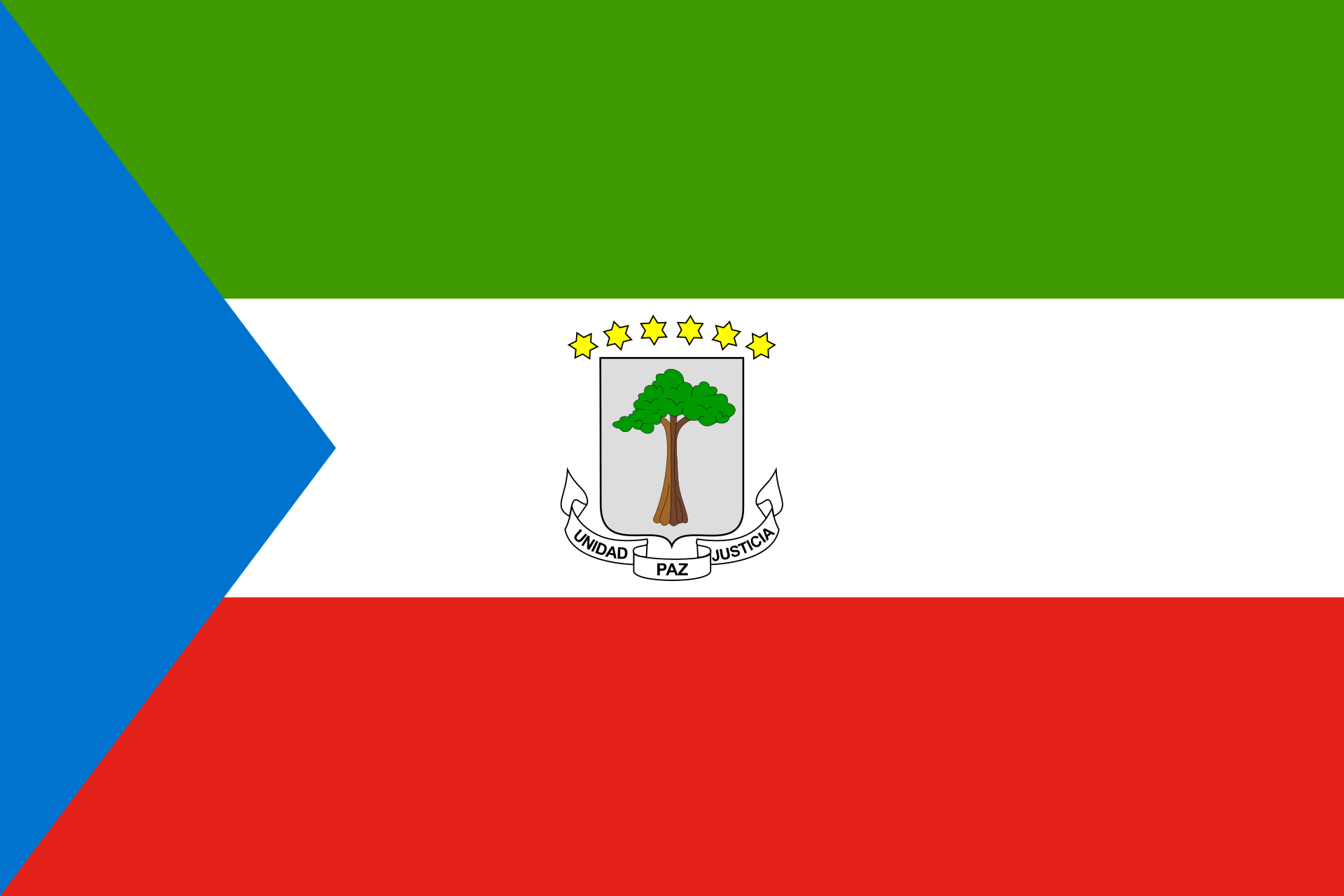Equatorial Guinea
Equatorial Guinea is a Central African country comprising the Rio Muni mainland and 5 volcanic offshore islands. Capital Malabo, on Bioko Island, has Spanish colonial architecture and is a hub for the country’s prosperous oil industry. Its Arena Blanca beach draws dry-season butterflies. The tropical forest of the mainland’s Monte Alen National Park is home to gorillas, chimpanzees and elephants.

-
Capital: Malabo (on the island of Bioko)
Important Cities: Bata, Ebebiyin, and Aconibe
Airports:
International Air Connectivity:
Malabo International Airport and Bata Airport provide international connections to various destinations in Africa and Europe.
Domestic Air Connectivity:
Domestic flights connect Malabo and Bata, making travel within the country more accessible.
Tourist Attractions:
Bioko Island: Known for its beautiful beaches and the Pico Basile volcano.
Mbini: A coastal town with pristine beaches and a relaxed atmosphere.
Monte Alen National Park: Home to diverse wildlife and tropical rainforests.
Bata: Explore the country’s largest city with markets and cultural sites.
Mbini: A coastal town with pristine beaches and a relaxed atmosphere.
Monte Alen National Park: Home to diverse wildlife and tropical rainforests.
Bata: Explore the country’s largest city with markets and cultural sites.
Cuisine:
Equatorial Guinean cuisine features dishes like chicken with cocoa, cassava, and various stews. Seafood is also a common part of the diet.
Cultural Activities:
Experience traditional Equatorial Guinean music, dance, and festivals that celebrate the country’s rich cultural heritage.
Accommodation:
3-Star Hotels: Examples include the Sofitel Malabo President Palace in Malabo.
4-Star Hotels: The Grand Hotel Djibloho in Oyala is a notable choice.
5-Star Hotels: Equatorial Guinea offers luxury options like the Sofitel Sipopo Le Golf in Malabo.
4-Star Hotels: The Grand Hotel Djibloho in Oyala is a notable choice.
5-Star Hotels: Equatorial Guinea offers luxury options like the Sofitel Sipopo Le Golf in Malabo.
Transport Connectivity:
Rail: Equatorial Guinea has no railway system.
Road: Road networks are limited on the mainland, while Bioko Island has better road infrastructure. Transportation primarily relies on cars and taxis.
Road: Road networks are limited on the mainland, while Bioko Island has better road infrastructure. Transportation primarily relies on cars and taxis.
Population:
Equatorial Guinea’s population is estimated to be around 1.4 million people.
Religion:
Christianity, particularly Roman Catholicism, is the major religion in Equatorial Guinea.
Languages Spoken:
Spanish, French, and Portuguese are the official languages. Indigenous languages such as Fang and Bubi are also widely spoken.
Disclaimer:
The information above is for reference, and we do not accept any liability for inaccuracies or updates.